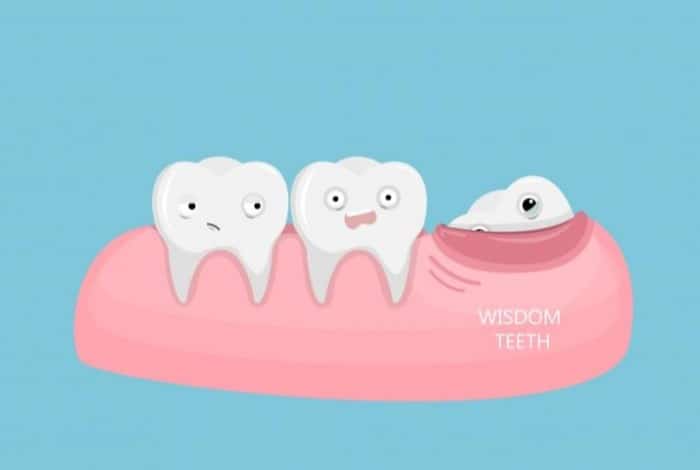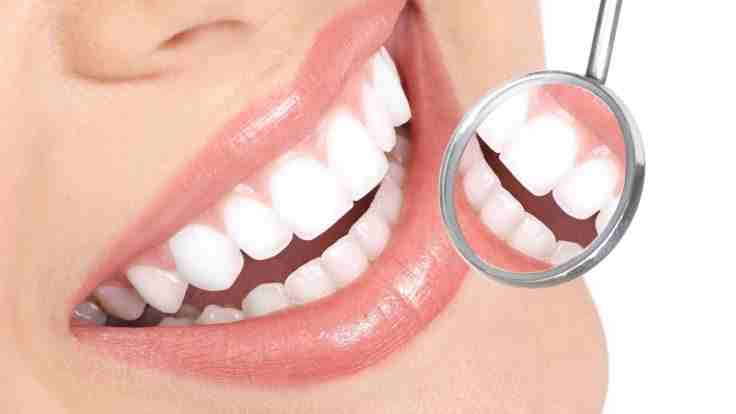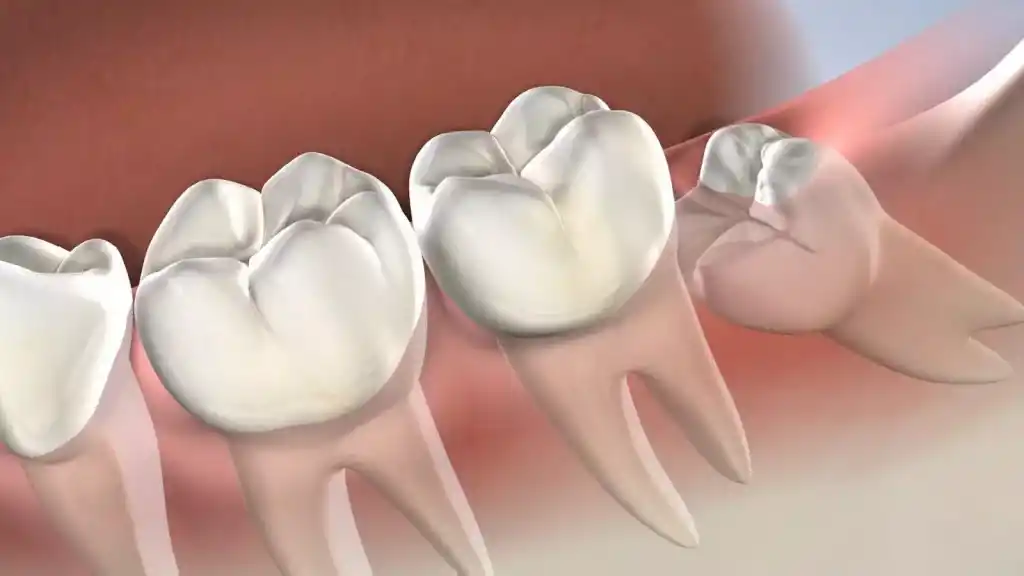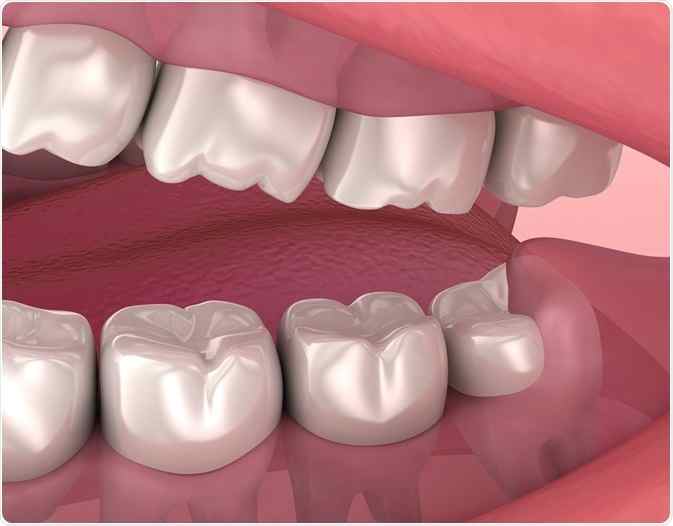What are the Wisdom Teeth? & Benefits of Keeping Wisdom Teeth

Wisdom teeth, also known as third molars, are the last set of teeth to emerge in the back of the mouth, typically between the ages of 17 and 25. While many people have their wisdom teeth removed, there are some potential benefits to keeping wisdom teeth.

To help make this decision easier, let’s look at the potential benefits of retaining wisdom teeth and how they factor into dental care. So read on to learn some important information about why it might be wise for you to hang onto your first teeth and remove the precious gift of third molars!
What are Wisdom Teeth, and How Do They Affect Oral Health?
Wisdom teeth, also known as third molars, are adjacent teeth that are the last to erupt in the mouth. They usually come in during late adolescence or early adulthood, typically between the ages of 17 and 25. For many people, these first wisdom teeth grow but may not have enough room to erupt properly, causing them to become impacted and can lead to a variety of oral health issues.
They affect our oral health in several ways. Impacted wisdom teeth can cause pain and even damage to the other teeth in the mouth, which may require treatment or extraction. If left untreated, impacted wisdom teeth can lead to infection, tooth decay, gum disease, and cysts on gums.

Benefits of Keeping Wisdom Teeth
The benefits of keeping Wisdom teeth are the following:
- They support the other molars: Wisdom teeth help align other existing teeth properly. By having them removed, the surrounding teeth can become misaligned and cause a range of issues, including jaw pain and difficulty with chewing.
- They provide additional space to chew and grind food: Having four extra teeth gives us more space to chew and grind our food, making it easier to break down the food particles.
- They provide additional support for the lower jaw: Wisdom teeth add extra support for the lower jaw, which helps with proper alignment.
- They can help reduce the risk of cavities: Keeping your wisdom teeth in place can help protect the other teeth from decay since they are located at the back of the mouth.
Overall, keeping your wisdom teeth can be beneficial for your oral health. However, it is important to speak with a dentist about your individual needs so that you can make an informed decision on whether or not to keep the wisdom teeth removed or from them.

Reasons to Keeping
Here are some reasons to keep wisdom teeth are:
- Improved chewing and biting capabilities: Wisdom teeth help fill out the mouth, which helps in efficient chewing and biting habits. This can prevent shifting or overcrowding in other areas of the mouth.
- Stable bite: Wisdom teeth can provide extra support for the mouth’s structure and help to maintain an aligned bite.
- Jawbone health: Keeping wisdom teeth in place supports the jawbone and keeps it healthy.
- Preventing gum disease: When properly maintained, wisdom teeth can help fight gum disease by providing additional oral hygiene options.
- Preservation of tooth structure: Keeping the wisdom teeth intact helps preserve the structure of other teeth. This can help in reducing damage or deterioration of other teeth over time.
- Improved aesthetics: Wisdom teeth may also improve facial aesthetics, as they can provide extra support for the upper and lower jaw.
- Keeping wisdom teeth intact can also help create a more symmetrical smile.
- Cost savings: In some cases, keeping wisdom teeth can save patients money in the long run as they will not have to pay for additional procedures such as tooth extraction or bone grafts.

Common Issues with Removing Wisdom Teeth
Although there are many benefits to keeping a wisdom tooth or teeth, removing them can also be beneficial in some cases. Here are a few potential issues that can arise when removing a wisdom tooth removal or teeth:
1. Jaw pain: It is not uncommon for people to experience jaw pain and discomfort after the removal procedure of wisdom teeth. This usually resolves within a few days, but in some cases, it can persist for longer.
2. Swelling: Swelling is another common side effect of wisdom tooth extraction and can last up to a week or two after the procedure.
3. Dry socket: Dry socket is a painful but relatively common complication where the blood clot that forms at the extraction site does not form, leaving the underlying bone exposed.
4. Infection: Infection can occur when the area where the wisdom teeth were extracted has not healed properly, or the gum tissue is exposed to bacteria. This may require antibiotics to treat the bacteria or infection.
5. Nerve damage: In rare cases, nerve damage can occur to nearby teeth if a wisdom tooth extraction is done incorrectly. This can lead to numbness, pain, or tingling in the area where the tooth was extracted and may require further treatment.
FAQs
Why do people have wisdom teeth?
People have wisdom teeth because they were once necessary for diet and jaw development. Historically, wisdom teeth were used to grind tougher plant fibers that could not be broken down with smaller teeth. As society has changed, our diets have become softer and more easily digestible, so wisdom teeth are no longer needed for survival.
Do all people have wisdom teeth?
No, not all people have wisdom teeth. About 30-40% of the population is born without them. Additionally, some people may only have one tooth or two wisdom teeth that never emerge through the gums due to overcrowding or their jaw bone shape.
Are there any long-term effects of wisdom teeth removal?
The long-term effects of wisdom teeth removal are usually limited to minor discomfort during healing. In rare cases, patients may experience numbness in the affected area or other dental complications.
Conclusion
After considering all of the potential benefits of keeping wisdom teeth, it becomes clear that there can be advantages and disadvantages depending on the oral surgeon and the person’s circumstances. Ultimately, it would be best to talk to your dentist before deciding whether or not to keep your wisdom teeth.
Also Read ; “5 Important Benefits of Botox”




